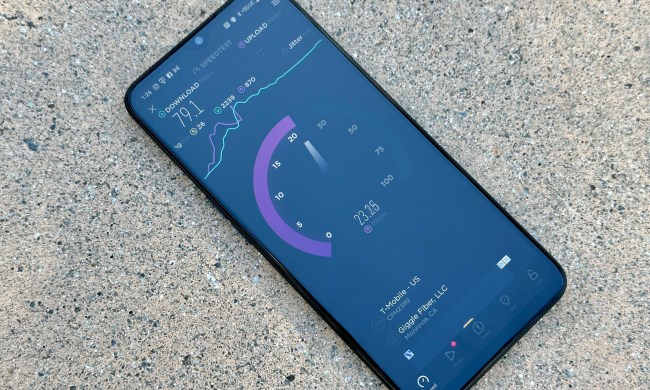The Samsung Galaxy Note 10 is finally available, alongside Samsung’s latest 5G phone, the Galaxy Note 10+ 5G. At launch, the Galaxy Note 10+ 5G will only be available on Verizon, but eventually, it’ll make its way to other carriers too. And, when that happens, the T-Mobile variant will be the first phone to leverage T-Mobile’s powerful 600MHz spectrum, according to a new tweet from T-Mobile chief technology officer Neville Ray.
5G is often associated with millimeter-wave frequencies, which are the ultra-high frequencies that can transmit a lot of data at shorter distances. But carriers are also building out other frequencies with 5G too, such as the low-band frequencies that can travel further distances, and the mid-band frequencies that offer a compromise between the two. T-Mobile’s 600MHz frequency band is one of those low-band frequencies that’s able to travel much longer distances than mmWave frequencies.
To date, none of the 5G phones that have been released have included modems that can take advantage of that 600MHz spectrum, but that will change with the Galaxy Note 10+ 5G. As new phones launch with the ability to connect to 5G, it’s expected that they’ll also be able to take advantage of T-Mobile’s spectrum range.
Of course, the Galaxy Note 10+ 5G isn’t the first phone in general to offer 5G connectivity. Samsung also has the Galaxy S10 5G, and there’s also the LG V50 ThinQ 5G, which is currently available on Sprint. Still, because carriers have yet to widely roll out their 5G networks, it may not be worth buying a 5G device unless you live in an area that does already have 5G connectivity. Most carriers expect to have reasonably built-out 5G networks within the next two years or so. Along with that rollout, we’re likely to see dozens more 5G-enabled smartphones, until eventually, every new phone will offer 5G connectivity, as current phones do with 4G LTE.
T-Mobile’s 5G rollout, in general, could get a significant boost once the merger between T-Mobile and Sprint goes through. The merger was recently approved by the Justice Department, but it still faces lawsuits from several states who argue that the merger would be bad for competition.



